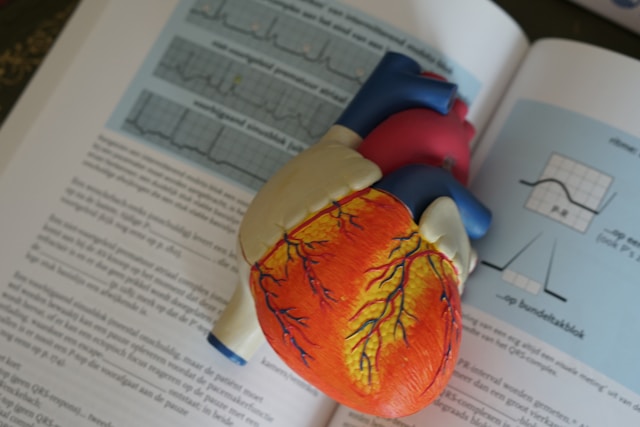
After years of intense studying, you have finally passed your medical degree. Where do you go from here? As a medical graduate, there are a plethora of avenues you can go down as you have one of the most sought-after and desired degrees in the world. Career opportunities shouldn’t be difficult to find, but it’s choosing the best one for you that’s the hard part. You need to make a decision that aligns with your skills, interests and aspirations.
The last thing you want to do is to start a career after achieving your medical degree and then it not be for you, as starting over again isn’t ideal. That’s why it’s important to conduct thorough research into each field to ensure that they’re the best fit for you. Luckily, this guide should help you with making the right decision as we outline some of the best career paths for medical graduates.
Whether you’ve already passed your medical degree and are looking to make your next steps, or are currently in the middle of your studies, make sure to continue reading.
Post-Med Career Options
General Practice Doctor (GP)
The first healthcare professional a patient sees when they feel unwell or need medical advice is a general practice doctor (GP). They treat all common medical conditions and refer patients to medical services like hospitals for urgent and specialist treatment. Having an important role within your community to care for patients within an area is one of the big selling points of being a GP, as it can be a very fulfilling experience after completing your health education.
Hospital Doctor
Hospital doctors treat patients who have been referred by a GP or other healthcare professional and are responsible for examining, diagnosing and treating those who come to them with their medical issues. You’ll spend time working with a variety of different patients, both on wards and in outpatient clinics, which offers great variation within the role. You also have the opportunity to work with different specialties, such as cardiology, gynecology, radiology and more.
Clinical Researcher
Clinical research practitioners (CRPs) develop and implement clinical trials to test the safety and effectiveness of new medical treatments, devices, and diagnostic products. They make up around 25% of the research workforce, so they are an integral part of the industry which makes it a great career path for medical graduates. CRPs bring a wealth of research knowledge and expertise that complements other medical fields.
Anesthetist
Providing pain management relief to patients undergoing a variety of medical procedures is the main role of an anesthetist and it can be an enriching experience knowing how much you are helping people. As a part of this career, you will reassure and prepare patients on what to expect before, during and after their operation to help give them peace of mind.
Surgeon
While becoming a surgeon is one of the longest training programs for doctors due to it being a highly specialized role, it can be an amazing career to get involved in. It’s also very competitive, so you need to ensure that your commitment level is high before you start embarking on this journey. Once qualified, you can start helping patients and performing procedures on them to help benefit their lives. You can focus on a specialist type of surgery, such as a surgeon who performs facelifts in London to give you a more focused niche and a better chance of career success.
Neurologist
Neurology is a very interesting field to get into for medical graduates, as you get to focus on the diagnosis, treatment and management of conditions that can affect the central nervous system. This includes some of the most delicate parts of the body, such as the brain and spinal cord. Although it is a very complex branch of medicine, it is an advantageous role and career path, and it is well-paid, too. Being a neurologist will also allow you to expand your knowledge about a range of diseases and it’s one of the more interesting career paths for medical graduates.
Ophthalmologist
Getting into a specialized field after getting your medical degree is a great idea, as it can help you get a more fixated mindset and allow you to focus on a specific area of medicine. Ophthalmology might be the perfect solution, as these are doctors who care for patients with eye conditions. They focus on the diagnosis, treatment and disorder prevention when it comes to eye health and the visual system.
Psychiatrist
A unique route you could take after achieving your medical degree is becoming a psychiatrist, especially if you graduated from a psychology college. Helping people improve their lives through mental care can be a very enriching experience, as you aid individuals with mental illness and other conditions. You will need to be a great listener, who also can communicate and interpret clearly as this will significantly benefit the diagnostic procedure. It typically takes 13 years to become a psychiatrist, including getting your medical degree.
SEE ALSO: The Ultimate Guide to Preparing for an Engineering Career















